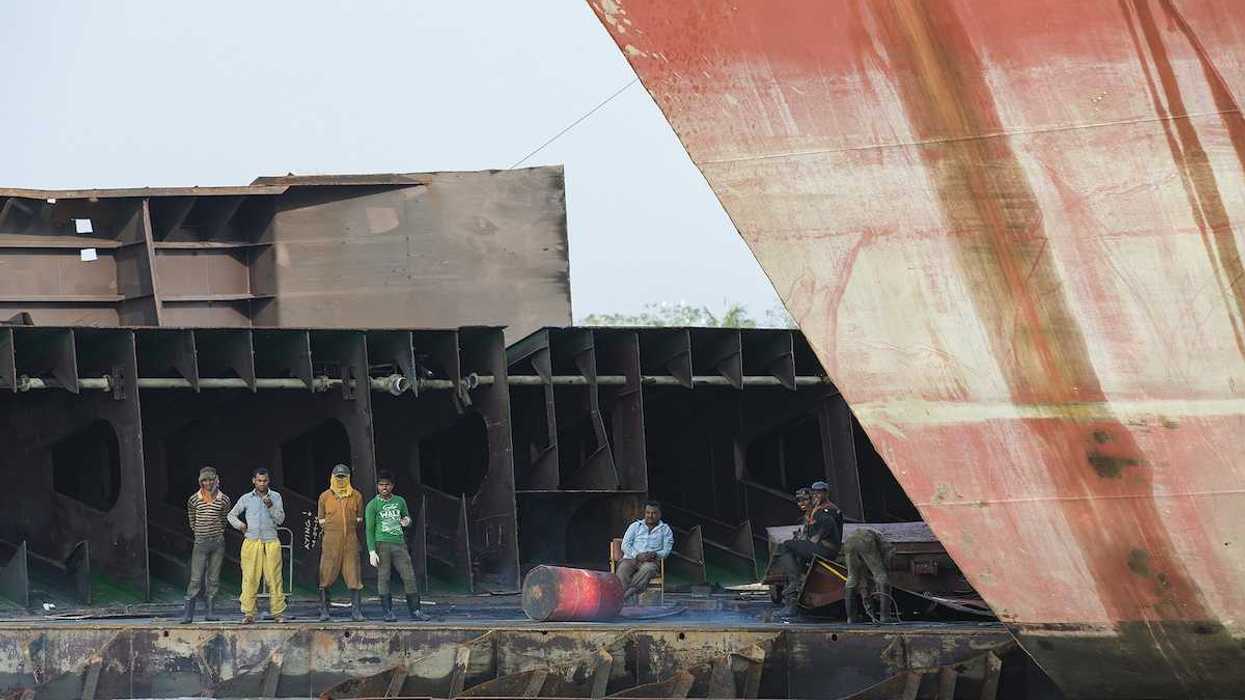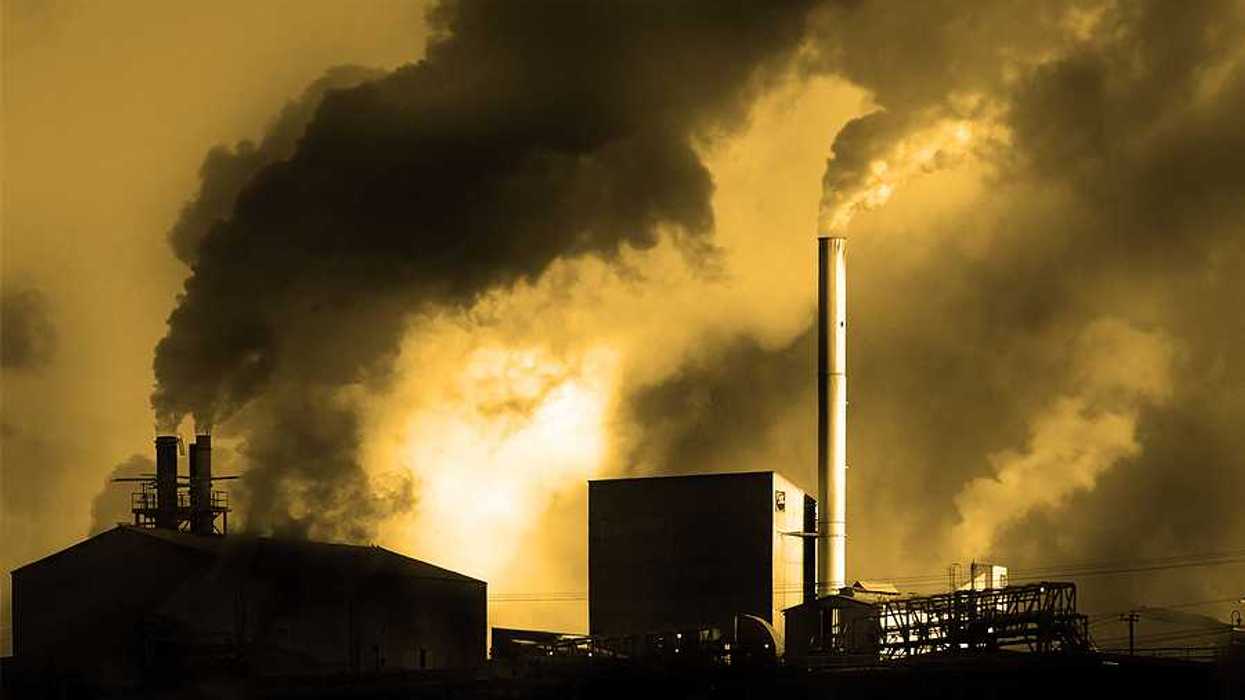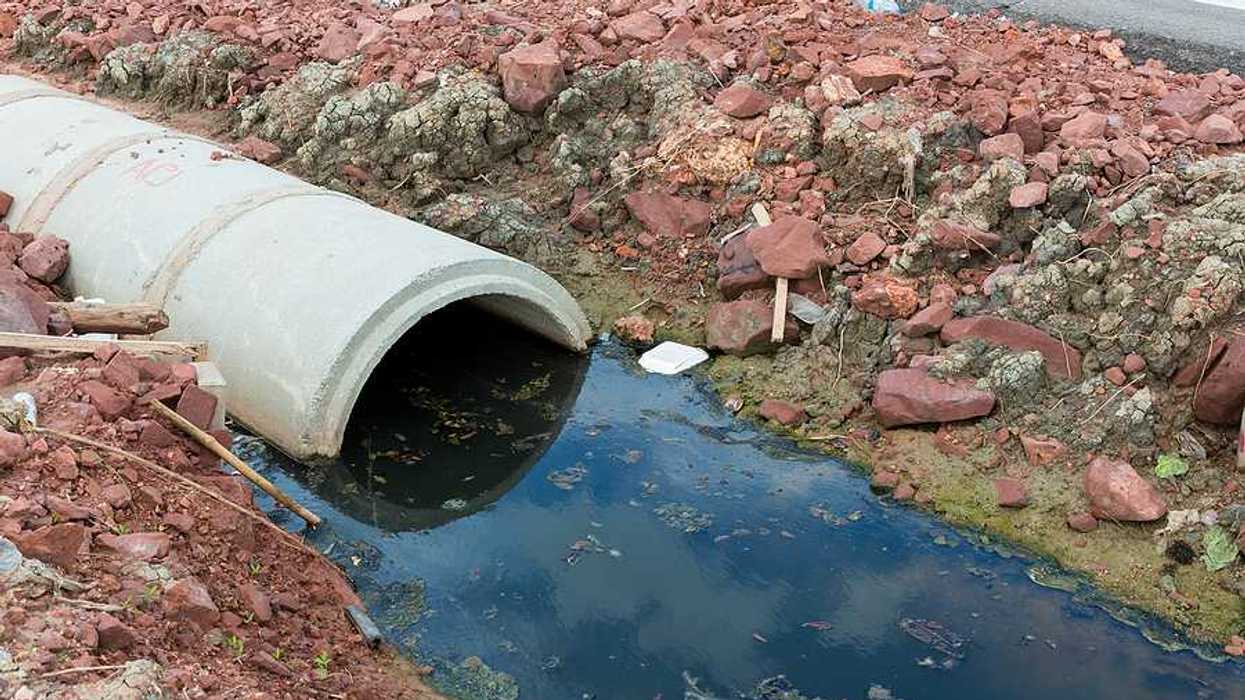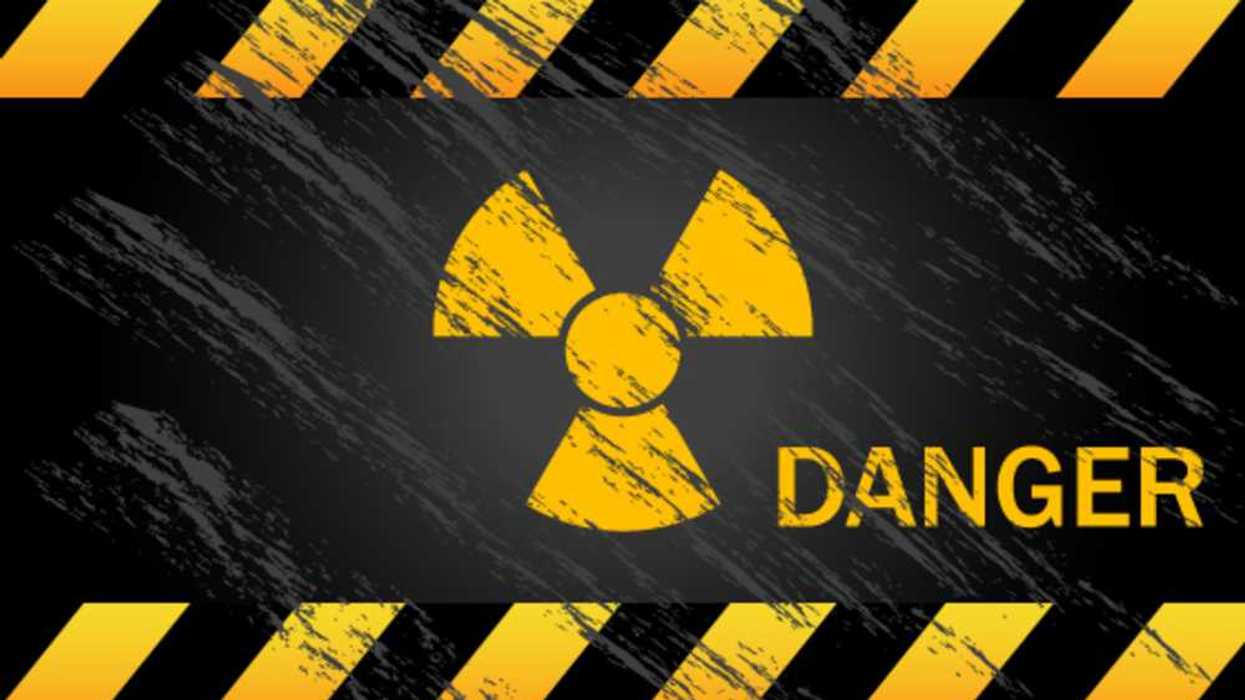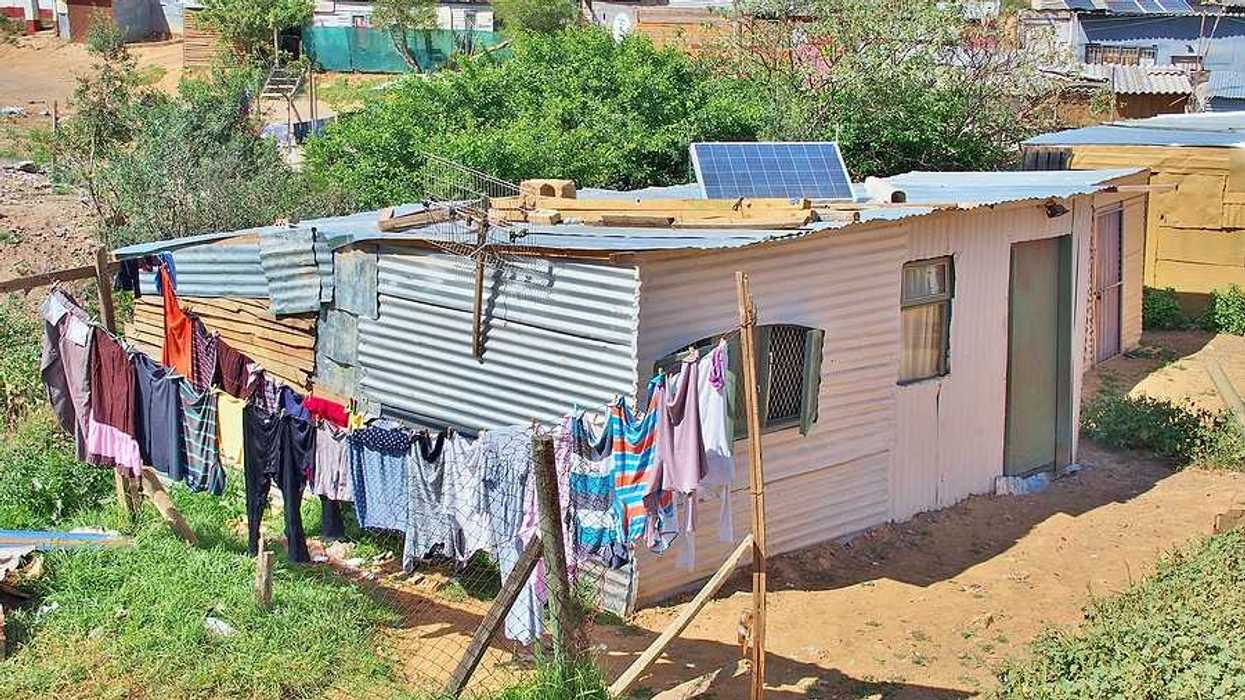Communities once considered immune to climate disasters — like parts of the Midwest and Appalachia — are increasingly facing floods, hurricanes, and other extreme weather, exposing the flaws in the idea of “climate havens.”
Alexandra Tempus reports for The Guardian.
In short:
- Analysts and investors once promoted regions like Wisconsin and North Carolina as “climate havens,” but recent storms and flooding have shown no place is truly safe from climate change.
- The concept has fueled real estate speculation, with developers and insurers marketing areas as refuges, despite clear climate risks.
- Many people displaced by climate disasters move within their own regions rather than relocating to supposed “safe zones.”
Key quote:
“There’s no such thing as a climate haven.”
— Jesse Keenan, Tulane University real estate professor
Why this matters:
The idea that certain places are immune to climate change has shaped investment, infrastructure, and migration patterns, often benefiting wealthier individuals while leaving vulnerable populations at risk. However, extreme weather events across the U.S. are proving that no region is exempt. Climate-driven migration is already happening, but most people move locally rather than to distant “safe zones.” With rising sea levels, stronger storms, and more frequent flooding, policymakers must focus on resilience and adaptation rather than chasing illusions of climate security.
Related: Some US cities are promoting themselves as climate refuges despite concerns


